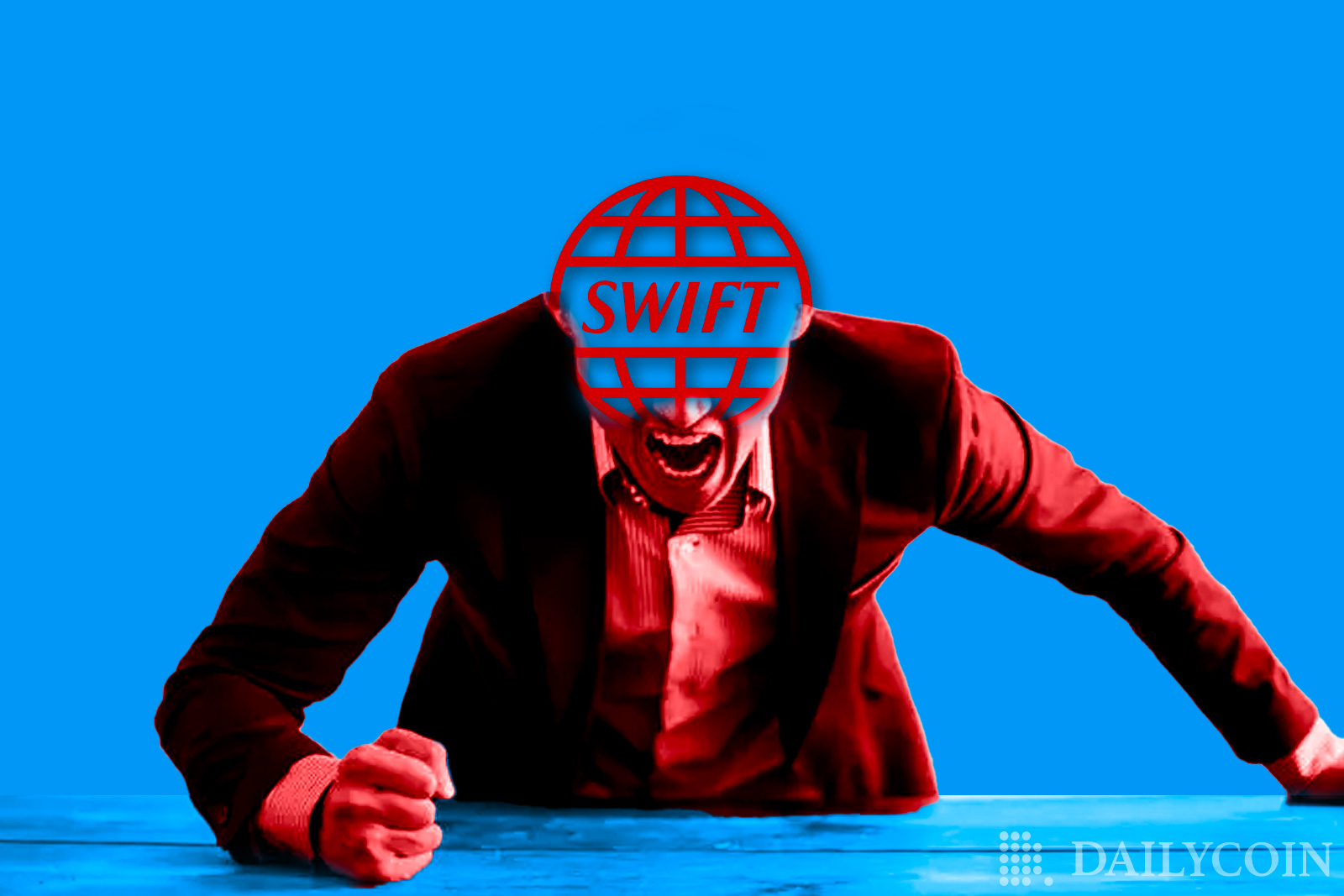
Following the strict sanctions which saw Russian banks cut from the SWIFT network, Russia seems to have found a work-around using blockchain technology, despite the doubts previously expressed by the West.
State-owned defense conglomerate Rostec Group announced in a press release that it has developed a blockchain-based platform capable of replacing the global SWIFT network that can be used for international transfers.
Sponsored
Russian banks were blacklisted from the SWIFT system in February in response to the country’s invasion of Ukraine, leaving Moscow in desperate need of an alternative payment system to protect its foreign trade.
New Blockchain Platform
Rostec Group states that the ‘CELLS’ industrial blockchain was developed by one of its 700 subsidiaries, the Novosibirsk Institute of Software Systems (NIPS).
The new model of international payments will support Russia’s trade and aid in circumventing international sanctions. Through the blockchain platform, Russia would allegedly be able to pay for imports in its national currency, the ruble, instead of the dollar.
Sponsored
Using the platform, foreign countries will be enabled to continue paying for imports from Russia in their respective currencies. The company claims that the CELLS platform can handle up to 100 thousand transactions per second, with potential for further increases in throughput.
“The system will make it possible to switch to settlements in national currencies, eliminate the risk of sanctions and ensure the independence of the national financial policy for clearing participants,” Rostec Executive Director Oleg Yevtushenko claimed in an official statement.
In addition to the international payments service, the CELLS is undergoing development to be multifunctional and provide users with digital wallet services.
The Rostec Group seeks to attract the attention of large companies with foreign authorities, and financial institutions with commercial relations with Russia. At this point, the company is inviting potential consumers, financial institutions, and software developers to try the solution.
Established in 2007, the Rostoc Group is headed by Sergey Chemezov, who was appointed to the position by Russian leader Vladimir Putin. Chemezov was listed in the EU sanctions of 2014 as Rostec subsidiaries supported Russia’s annexation of Crimea.
Russia Turns to Blockchain Technology
Russian authorities hold divided positions on the local cryptocurrency industry. Earlier this year, Russia’s central bank had been leaning toward the complete ban of digital assets, including the mining and possession of cryptocurrencies, believing that they undermined the national monetary system. On the other hand, the Finance Ministry stated that imposing regulations upon crypto would be a more logical decision.
In the end, international sanctions deescalated the harsh plans for a ban, as the country found itself without access to global markets and services. In May, the Russian Ministry of Finance submitted a revised draft for a cryptocurrency regulation bill that called for the allowance of crypto for international settlement payments.
Denis Manturov, Russia’s Minister of Industry and Trade, expects the legalization of digital currencies in Russia to happen this year. The nation’s own CBDC is also on track, with a pilot phase for the digital Ruble likely to be launched in 2023.
